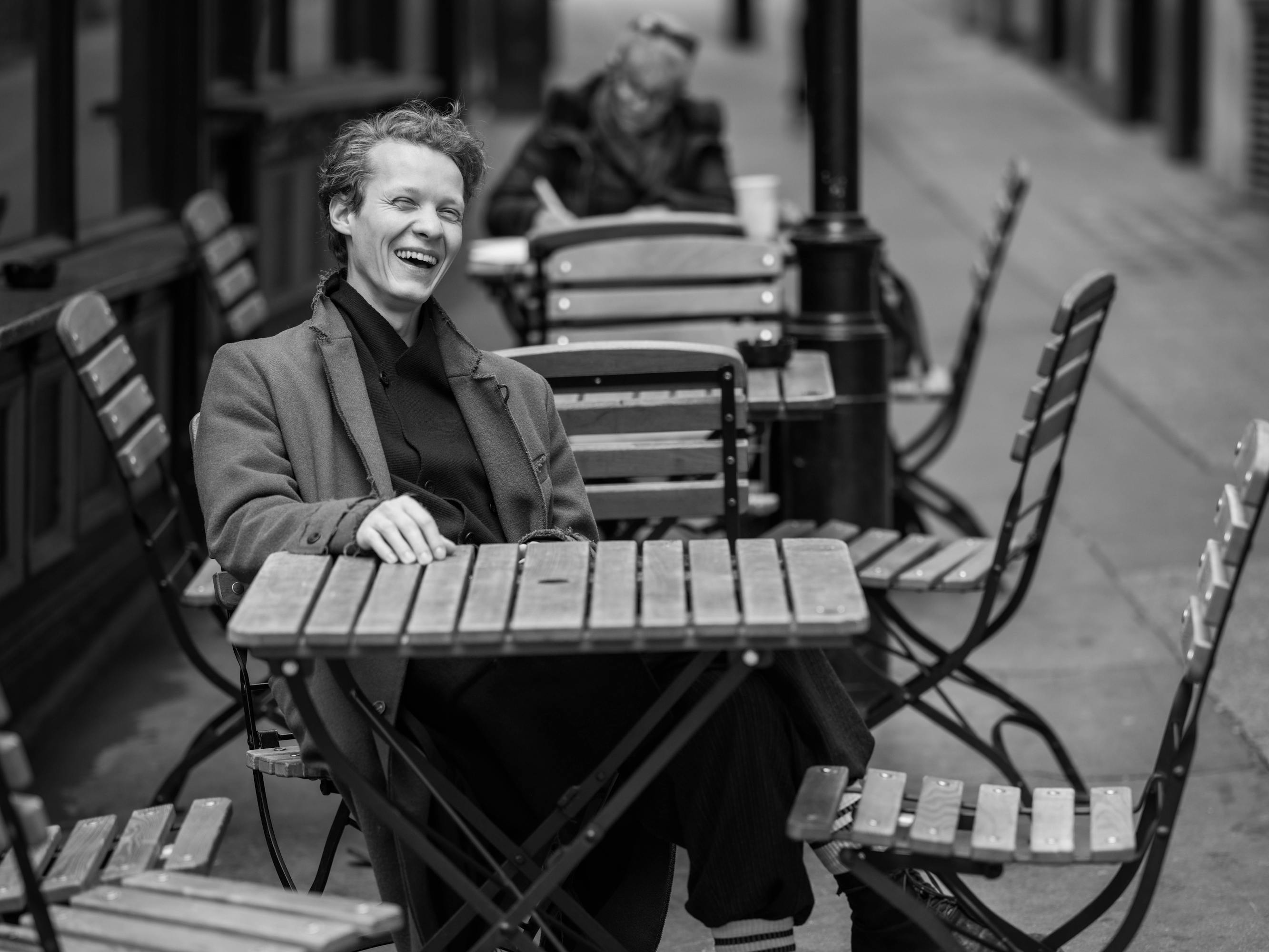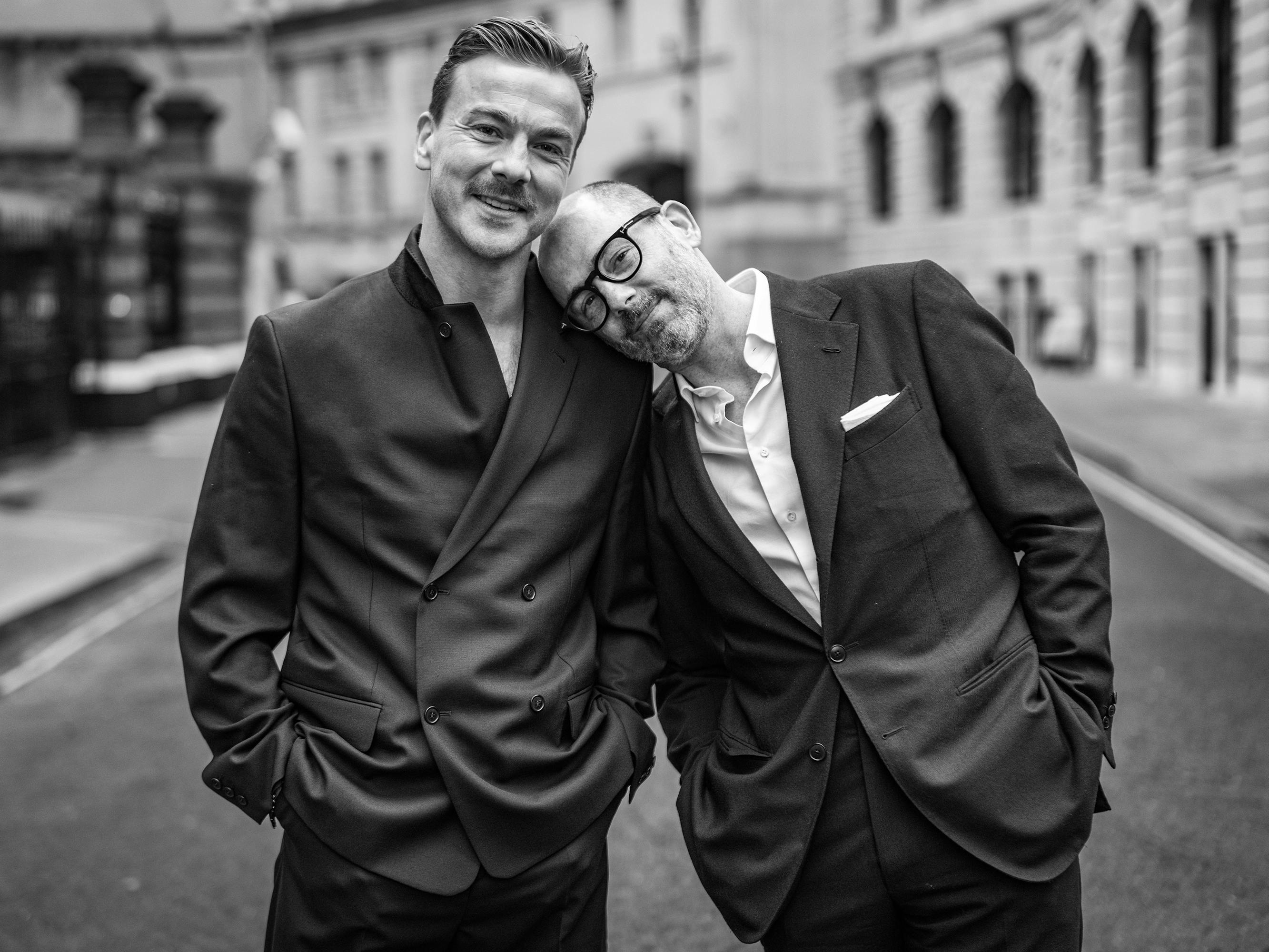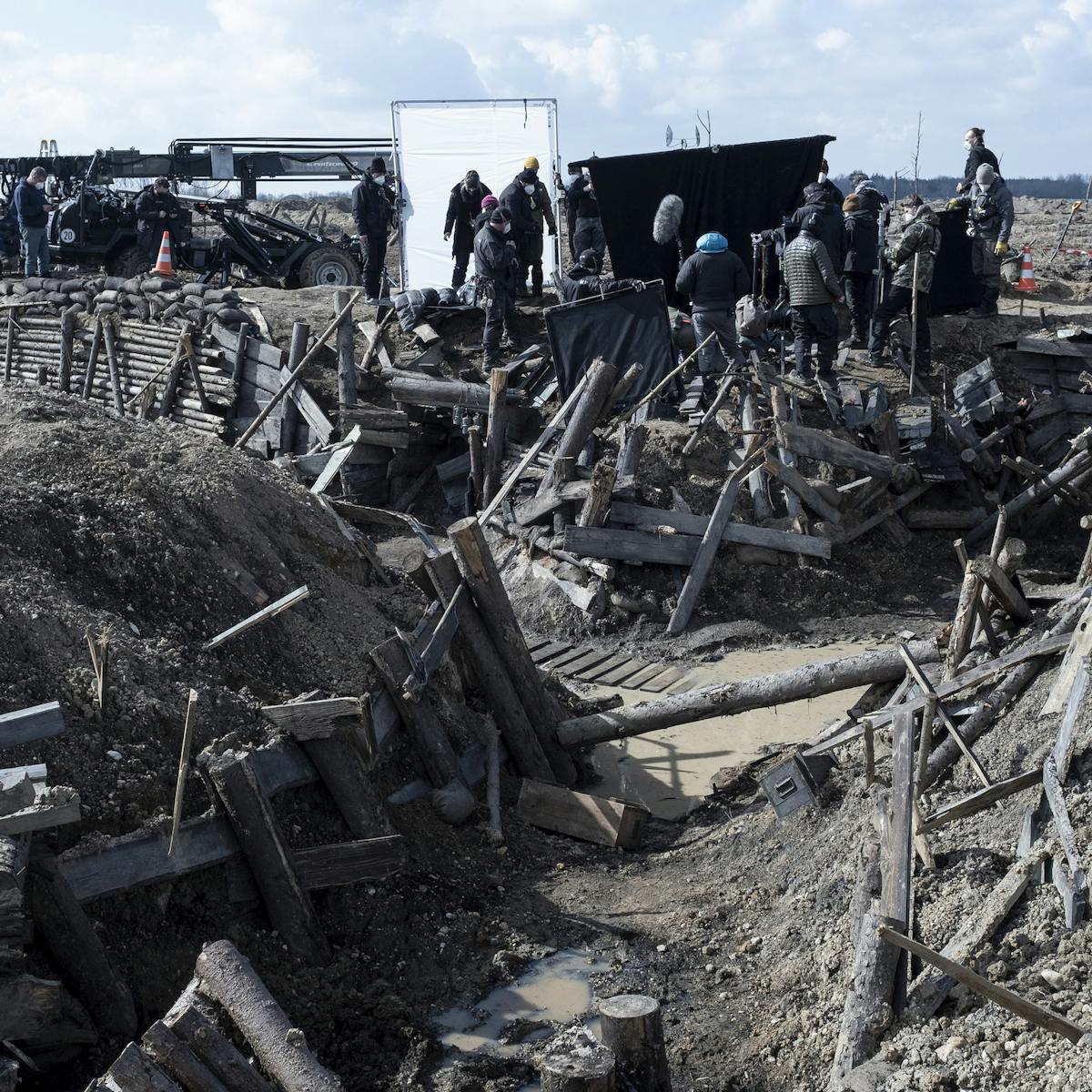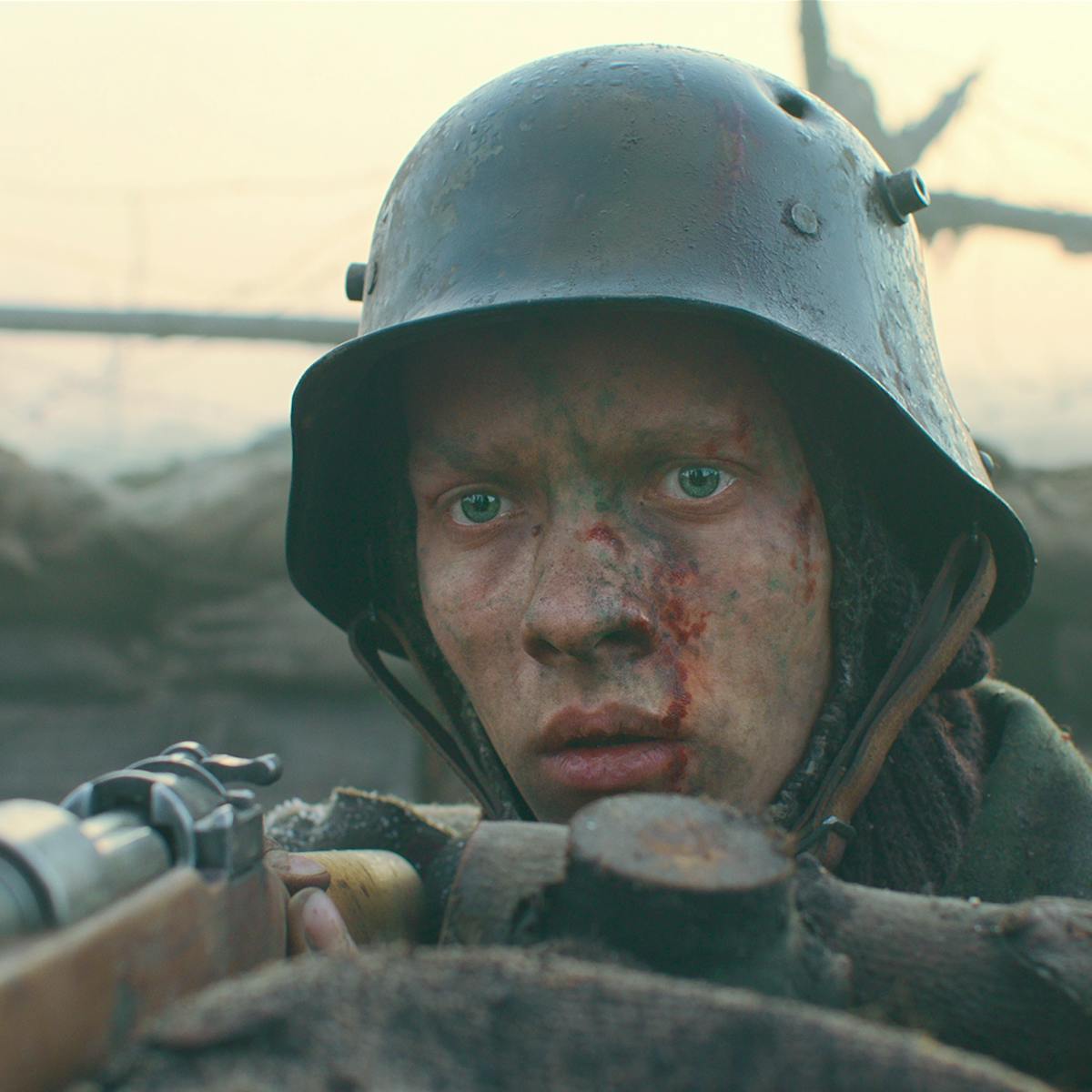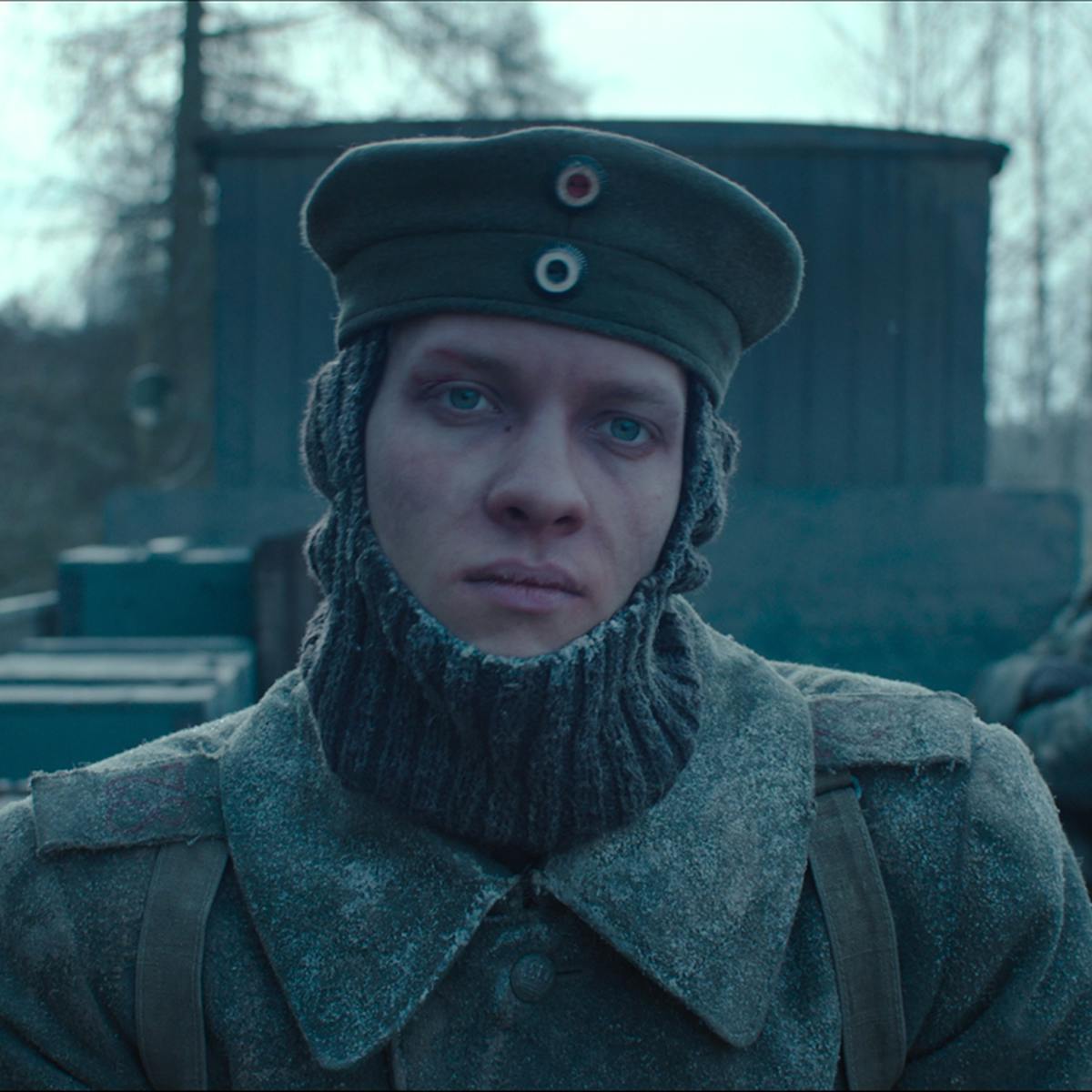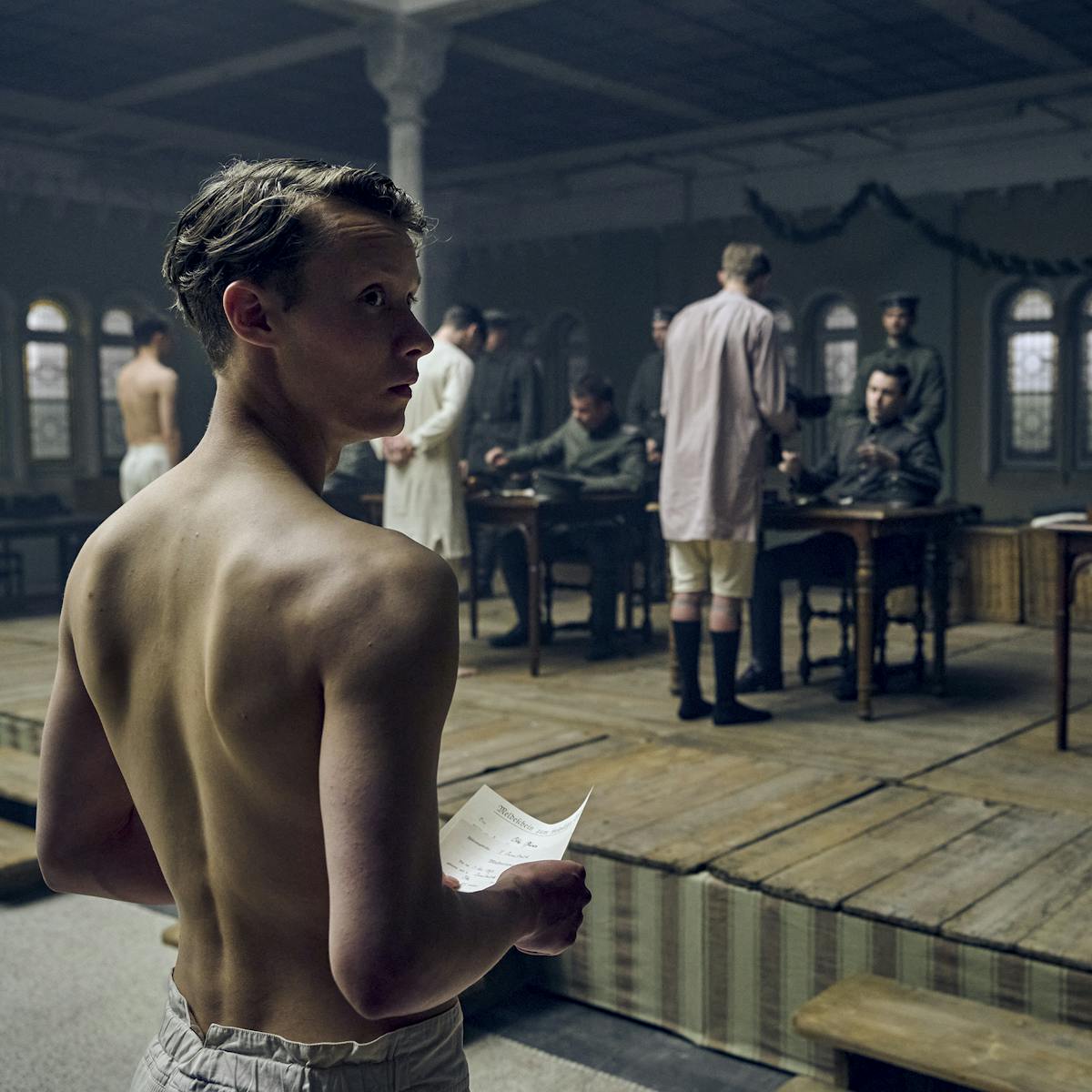Actors Felix Kammerer and Albrecht Schuch and writer-director Edward Berger look back on their whirlwind success.
Edward Berger’s All Quiet on the Western Front has made its mark on film history since it premiered at the Toronto Film Festival in September 2022. Earning nine Oscar nominations and seven BAFTA wins (including the top prize of Best Film), the film and its cast and crew have been celebrated by the industry and cinephiles all over the world. Berger offers the first German-language take Erich Maria Remarque’s eponymous novel, which follows World War I soldier Paul Bäumer.
Berger, who won Best Director at the BAFTAs, assembled a talented crew of artisans to bring his vision to the screen. Among them were actors Felix Kammerer, who leads the film as young Paul, and Albrecht Schuch, as Paul’s comrade Stanislaus Katczinsky. Schuch is no stranger to the screen in Germany, having been awarded three German Film Awards for roles in System Crasher, Berlin Alexanderplatz, and Dear Thomas. Schuch made a name for himself globally with his turn as “Kat” in All Quiet on the Western Front, for which he earned a BAFTA nomination for Best Supporting Actor. The war epic is Austrian actor Kammerer’s first feature film, an astonishing debut in a role that by no means would be easy to inhabit for any actor. The physical demands of the film saw Kammerer and Schuch running with weighted vests of 10 kilos (approximately 22 pounds) in freezing conditions. The film also required the actors to tap into the emotional gravitas of young men at war, experiencing life and death in profound ways.
While in London for the BAFTAs, Berger, Kammerer, and Schuch were captured by photographer Misan Harriman. Known for his striking black and white portraits, Harriman seized the chance to photograph the film’s director and leading men in moments of calm as they celebrated their sweeping success at this year’s BAFTAs.
Edward Berger
Director
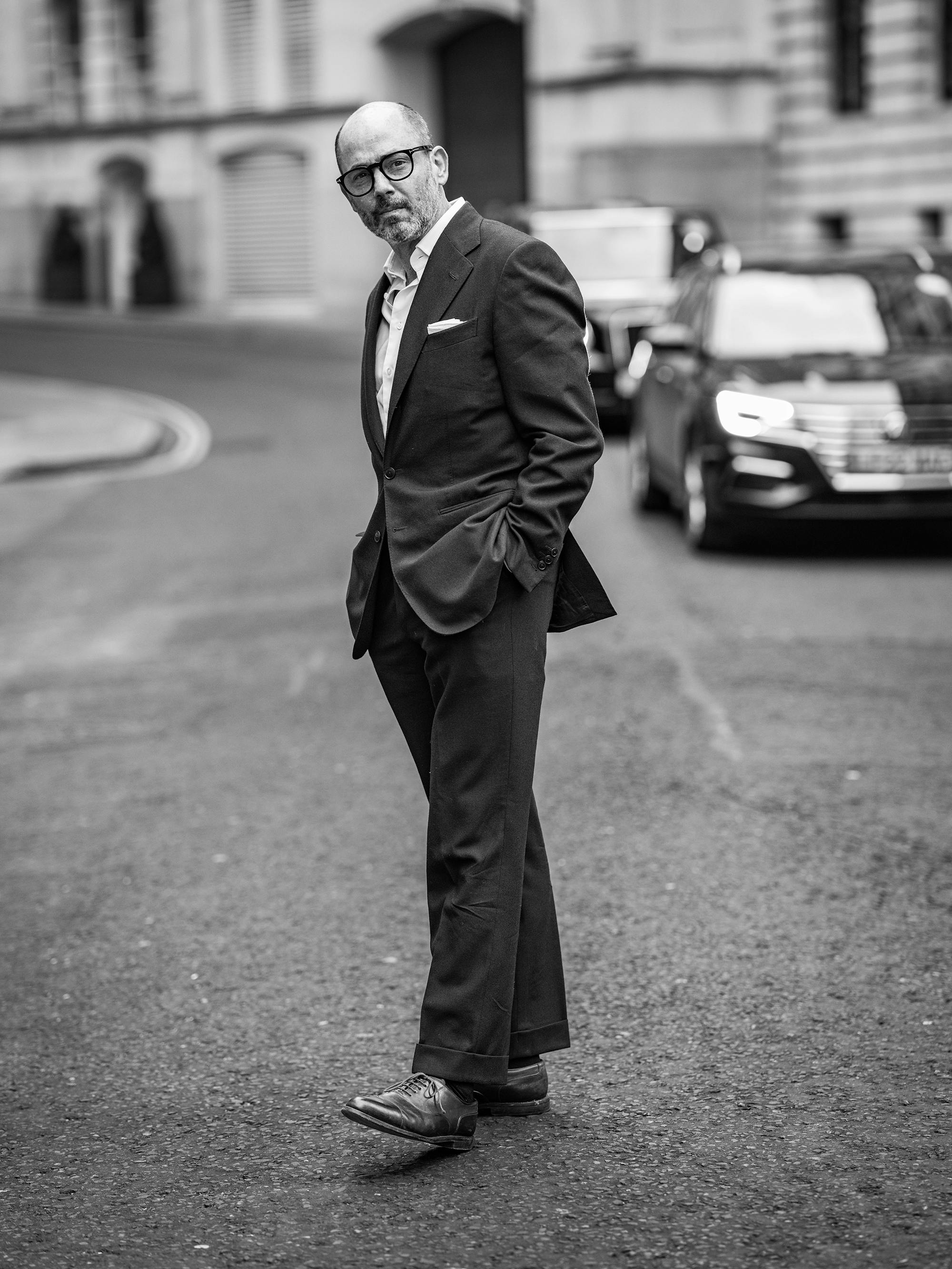
I can tell you a story, a big reason why I made the film. First of all, I remember when our producer Malte [Grunert] called me and said, 'Would you be interested in making this?' My immediate reaction was, 'Damn, it’s going to be hard to get out of this one.' Because I’d read the book when I was 15 and then again when I was 22, and it immediately struck a chord. So I go home, I discuss it at the dinner table. I mentioned to my wife, 'So Malte called, and it’s All Quiet on the Western . . .' The moment I mentioned All Quiet, my daughter, 17 at the time, whips around and says, 'That book? I just read it in school.' I had no idea she read it. 'If you have the chance to make that, you absolutely have to do it because it’s the best book I ever read, and it touched me deeply and I cried many times.'
I thought, If 95 years after the publication of that book, it still has such an impact on a young girl who’s certainly not the target audience for a book like that, then it must still have some relevance. I think from generation to generation, that topic doesn’t leave us, and it never becomes old, as we now see. There’s repeated history. The images in Ukraine look exactly like the images in 1916 Ypres that we used to recreate this battlefield.
Edward Berger
Felix Kammerer
Paul Bäumer in All Quiet on the Western Front
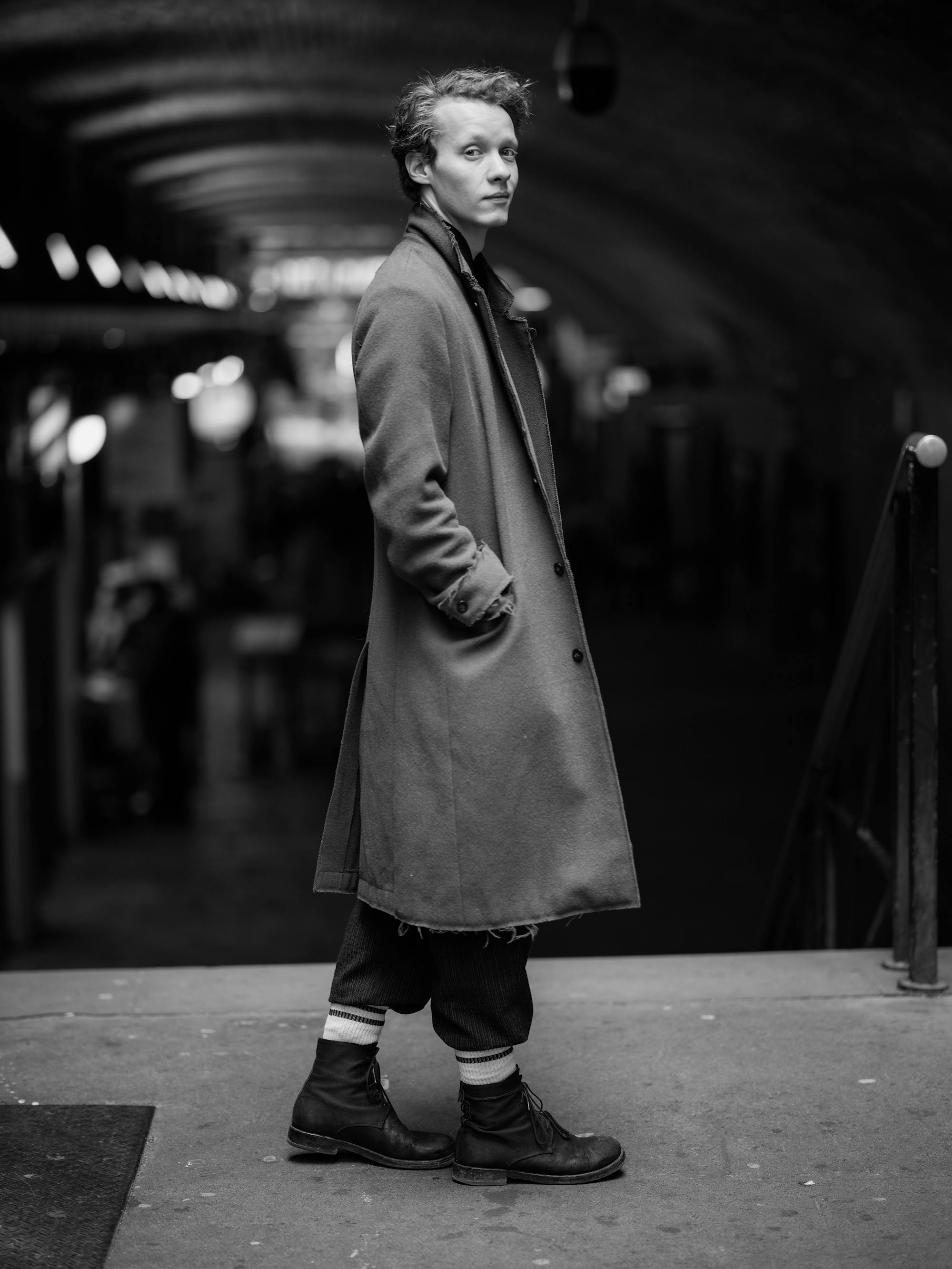
It’s really unbelievable, especially because it’s my very first movie and I have no experience with filmmaking or the whole process afterward, with awards especially. To remember [myself] just two years ago, a naive young actor doing his first film role, sitting in the mud, and now sitting in London and preparing for BAFTAs and Oscars, with so many nominations — the first German movie ever to be nominated for Best Picture at the Oscars — it’s really unbelievable.
Felix Kammerer
Albrecht Schuch
Stanislaus Katczinsky in All Quiet on the Western Front
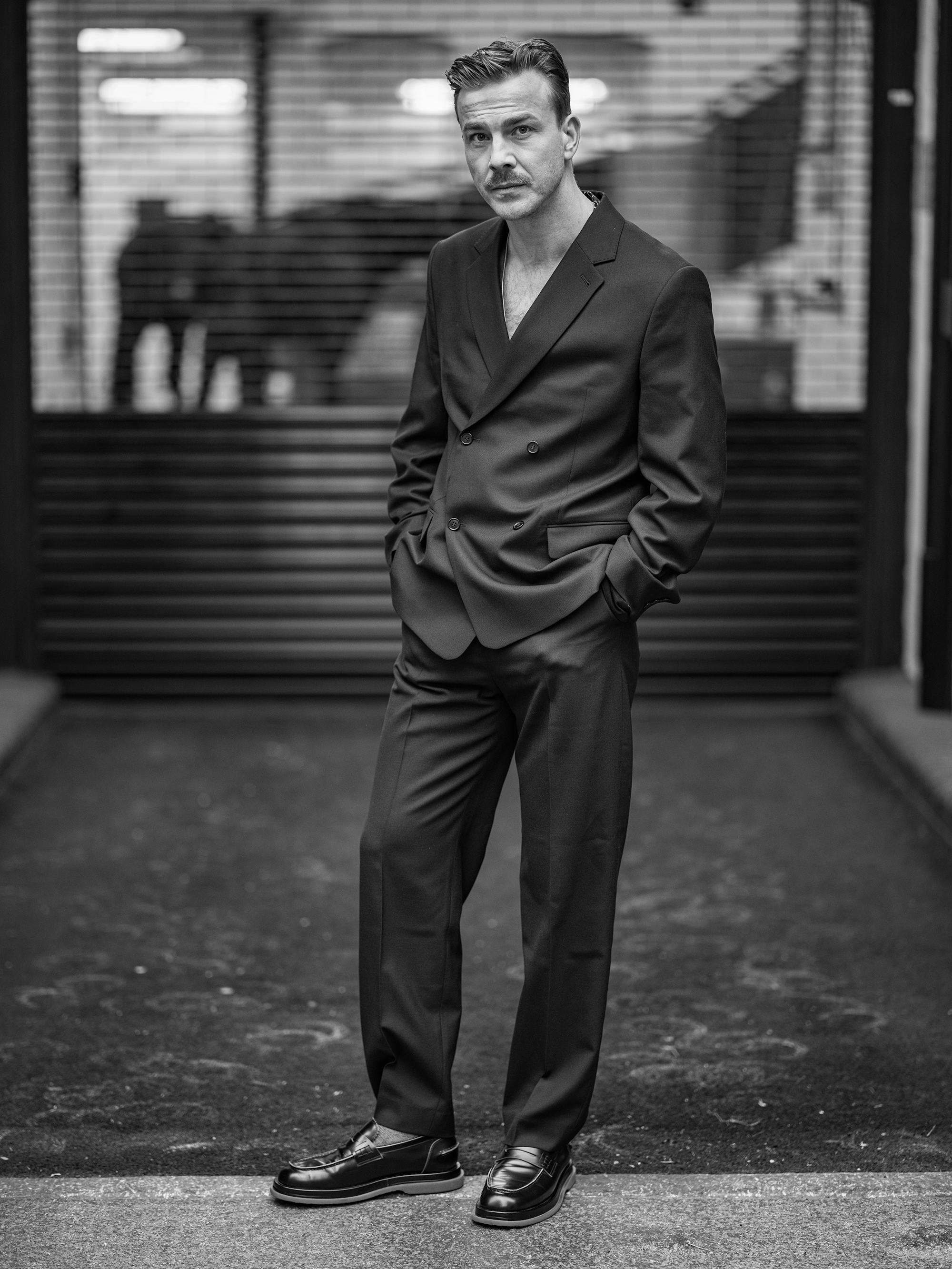
I felt surrounded by such a wonderful team. Everyone was so precise in their craft and their vision. When people are coming together, everyone having his vision, sometimes it's hard because people try to push their own through. But no, everyone was listening to the others’ visions.
Albrecht Schuch

